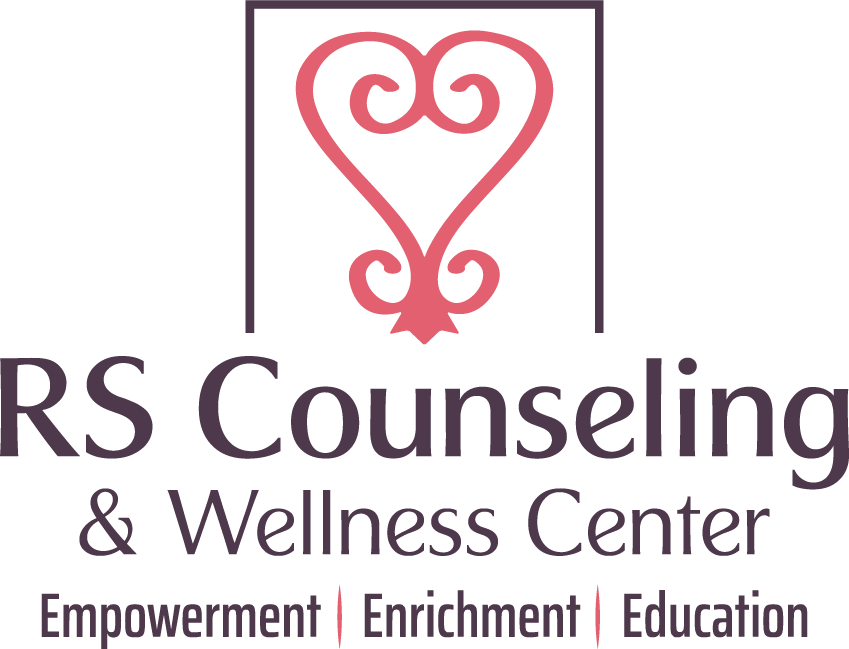The Invisible Wounds: How Unresolved Trauma Impacts Our Lives

By: Sharea Farmer, LCSW
February 11, 2025
Categories:
The Invisible Wounds: How Unresolved Trauma Impacts Our Lives
When most people hear the word “trauma,” they think of singular, life-altering events like war, disasters, or assault. But trauma can also stem from ongoing situations like childhood neglect, bullying, or abusive relationships. Regardless of the source, unresolved trauma leaves invisible wounds that profoundly shape our behaviors, relationships, and inner lives.
As trauma survivors, we may not even realize the ways past hurts still impact us years or decades later. Common signs of unresolved trauma include:
- Avoiding conflict to an extreme degree. Anything that might lead to confrontation or disagreement causes intense anxiety due to past situations where we felt unsafe or powerless. So we withdraw from healthy conflict resolution.
- Struggling to express or even feel emotions. We learn to shut down all emotions to protect ourselves from being overwhelmed. But this prevents us from communicating our needs and feelings in relationships.
- Black and white thinking. Our brains cling to absolute rules and solutions in an attempt to stay safe. But the world exists in shades of grey, so this thinking causes stress.
- Turbulent, chaotic relationships. We form attachments and then push others away out of fear of rejection. But these patterns only replicate the original trauma.
Unresolved trauma drives these and other self-sabotaging behaviors. The good news is healing is absolutely possible with proper support. Here are some first steps:
- Acknowledge the trauma - Denial only worsens its effects. Meet yourself with compassion rather than judgment.
- Seek professional help - Therapists who specialize in trauma can safely guide your recovery process.
- Tend to your nervous system - Soothing activities like breathwork, yoga, and time in nature calm the mind and body.
- Foster connection - Join a support group, lean on loved ones, or get a therapy pet. We heal in the community.
- Be patient - Recovery isn't linear, so treat yourself kindly on hard days. Celebrate each small step forward.
The path of trauma recovery is a journey unique to each of us. But by recognizing the signs and reaching out for support, we can address those invisible wounds and reclaim our sense of safety in the world. Our past does not have to define our future.
FREE MINI COURSE - 5 Signs of Unresolved Trauma With 3 Strategies Moving You Towards Healing: https://rstraumacourses.com/5signsofunresolved
